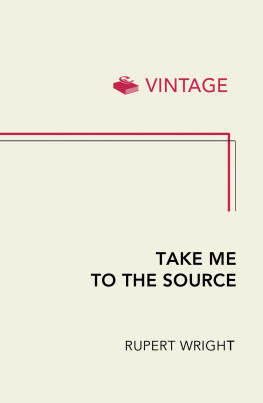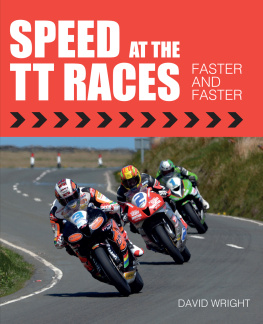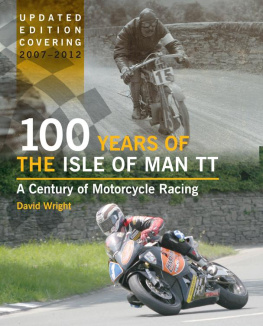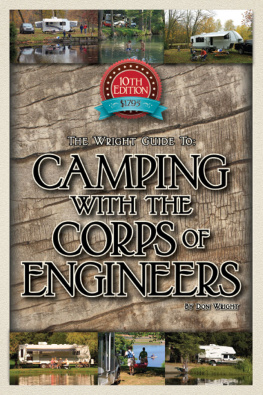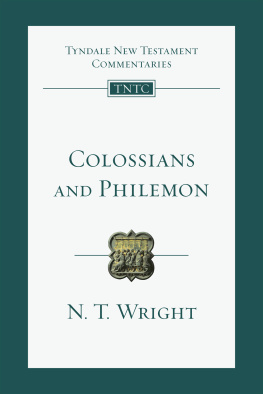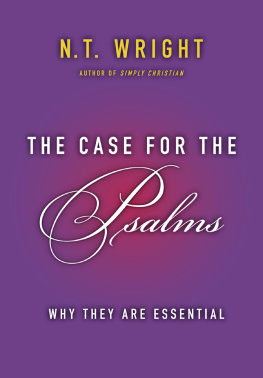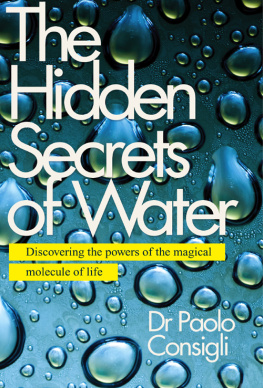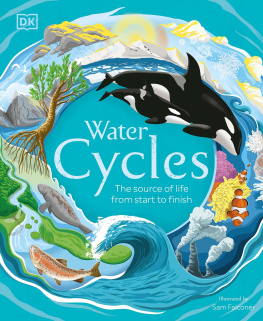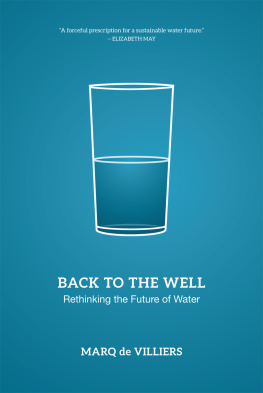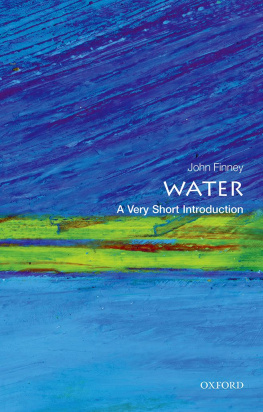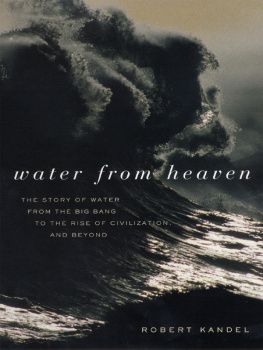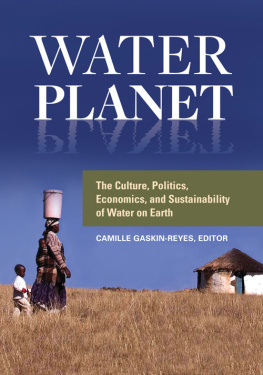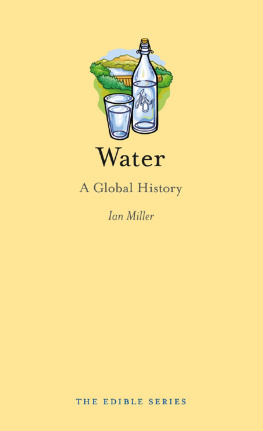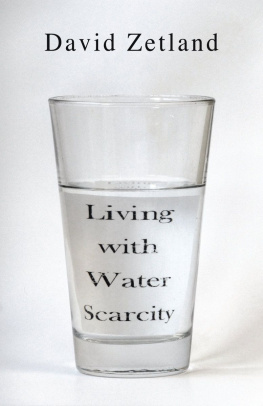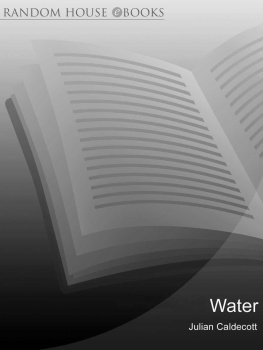Contents
About the Book
Colourless, tasteless, odourless, ageless: water is both the simplest thing on earth and the most complex. We cannot live without it yet it kills six thousand children a day. It is the ultimate renewable resource but we pollute it without thinking twice. Why, if water is so valuable does nobody want to pay for it unless it comes in a designer bottle? Is it really the oil of the twenty-first century? Will we all soon be fighting over it, or can it lead countries into co-operation rather than conflict? In this enthralling voyage of discovery, Rupert Wright sets out to discover exactly what water is and why it plays such an important role in history, culture, art and literature. Part reportage and part personal journey, Take Me To the Source is the fascinating story of the substance that makes life on earth possible.
About the Author
Rupert Wright has been a journalist for more than twenty years, writing for many publications including The Times, the Financial Times, and the Washington Post. He has also worked for the World Bank and with the United Nations Better World Fund, coordinating a programme of workshops from Brazil to Rwanda. He is the author of Notes from the Languedoc and lives with his family in France.
Also by Rupert Wright:
Notes from the Languedoc
Wine and Landscape of the Languedoc, Volume 1: The Hrault
Illustrations
. David Hockney, A Bigger Splash, 1967, acrylic on canvas, 96 96 David Hockney/Tate, London 2008
. Detail of an Early Classical Greek Fresco of a Diving Man (a detail of a fresco from the Tomb of the Diver at Paestum) Mimmo Jodice/Corbis
. Babies Enjoying Free Baths, c.1946 Hulton-Deutsch Collection/Corbis
. F. Mellado, Agua de Fuente en Segures Bottled Water Poster, c.1928 Swim Ink 2, LLC/Corbis
. Thomas Eakins, Swimming, 1885, oil on canvas, 27 36 (1990.19.1) Amon Carter Museum, Fort Worth, Texas, Purchased by the Friends of Art, Fort Worth Art Association, 1925; acquired by the Amon Crater Museum, 1990, from the Modern Art Museum of Fort Worth through grants and donations from the Amon G. Carter Foundation, the Sid W. Richardson Foundation, the Anne Burnett and Charles Tandy Foundation, Capital Cities/ABC Foundation, Fort Worth Star-Telegram, The R.D. and Joan Dale Hubbard Foundation and the People of Fort Worth
. Ando Hiroshige, Ohashi, Sudden Shower at Atake (a print from the series One Hundred Famous Views of Edo), 1857 Christies Images/Corbis
. Boy Fountain: photograph courtesy of William Pye
. The Bishop of Barra, authors photograph
. Aubrey Beardsley, Peacock and Fountain from Le Morte dArthur, 18934 Historical Picture Archive/Corbis
. Roman Fountain, 1964 Bettmann/Corbis
. The Illustrated London News, 15th August 1868, Old Abbey Mills pumping station Thames Water
. Georges Barbier, Book Illustration of a Woman Standing in a Lake with Flying Fishes, c.192030 Philip Spruyt, Stapleton Collection/Corbis
For my parents and my children:
blood is thicker than water
Everything is water.
Thales of Miletus (attrib.)
Disclaimer
This book does not offer a solution to the worlds water problems, nor does it travel the globe visiting places where once there was water, and now there is none. I do not believe that one day soon the lakes and rivers will run dry, the wells will be empty and we will all die of thirst. Anyone who has sailed or flown over the oceans will have noted that there is a lot of water about. Whether or not we can get our hands on it is another matter.
Prologue
THE AFRICAN SUN IS high, its midday, and so its strange that the young woman is not in the shade. The sun makes her skin shine like copper, but she does not sweat. She is young, no more than fourteen, and attractive, although its difficult to see much of her face because its covered by her arms. A light breeze ripples her short dress. Her legs are long; she wears no shoes. There are few features in the desert landscape, just an acacia in the distance, and overhead a few black dots that could be birds.
In his sonnet Le Dormeur du Val, Arthur Rimbaud, the French poet, describes a young soldier lying by a riverbank. Its a beautiful day, the sun is shining and the river is singing. The man is sleeping among the cress and the wild flowers. He is bareheaded, his mouth open. His feet are resting among gladioli, but their scent does not trouble his nostrils. His hands rest on his body. And then we notice that there are two red holes on the right of his chest. He will never wake up.
Another look at the young girl sleeping in the hot sun by the side of the well. Those birds are no longer dots. They are vultures and they are getting closer. The girl will never wake up. It isnt bullets that have killed her, but thirst. The well is dry.
What happens when you die of thirst? In 1906, W. J. McGee, director of the St Louis Public Museum, published Philbrick, which contains one of the most detailed descriptions of the ravages of extreme dehydration. It was based on the experiences of Pablo Valencia, a forty-year-old sailor-turned-prospector, who survived almost seven days in the Arizona desert without water.
When you dont have anything to drink, your saliva turns thick and foul-tasting; your tongue clings to the teeth and the roof of the mouth. A lump forms in the throat. Your head and neck ache. Your face feels like it will explode. Many people begin to hallucinate. Hearing is difficult, almost distorted. Then comes the agony of a mouth that has ceased to generate saliva. The tongue stiffens into what McGee describes as a senseless weight, swinging on the still-soft root and striking strangely against the teeth. Speech becomes impossible, although sufferers have been known to moan like a pregnant cow.
This is just the beginning. Next is the blood sweats phase, involving a progressive mummification of the initially living body. The tongue swells to such proportions that it squeezes past the lips. The eyelids crack and the eyeballs begin to weep tears of blood. The throat is so swollen that breathing is difficult, creating an incongruous yet appalling sense of drowning.
The last stage is close to death. This was the state into which Pablo Valencia had fallen when McGee discovered him on a desert trail, crawling on his hands and knees. McGee describes how his lips had disappeared as if amputated, leaving low edges of blackened tissue; his teeth and gums projected like those of a skinned animal, but the flesh was black and dry as a hank of jerky; his nose was withered and shrunken to half its length, and the nostril lining showing black; his eyes were set in a winkless stare, with surrounding skin so contracted as to expose the conjunctiva, itself as black as the gums his skin [had] generally turned a ghastly purplish yet ashen gray, with great livid blotches and streaks; his lower legs and feet were torn and scratched by contact with thorns and sharp rocks, yet even the freshest cuts were so many scratches in dry leather, without trace of blood.
At the heart of the ecological debate gripping the planet is a simple but complex substance: water. It is colourless, tasteless and odourless, which is perhaps why few of us pay it any mind. Most of us come into contact with water every day and generally its a pleasant experience. We look forward to a shower, a bath or a swim. Its the most refreshing drink after a run; and wise dinner-party guests alternate glasses of wine with glasses of water. Water becomes apparent only when it is absent. If water rates a mention at all, it is as a footnote to the warning that unless we act to reduce carbon emissions, we will all be overwhelmed in a great flood, or face a drought so prolonged that the animals will be wiped out, there will be nothing to eat, and we must move elsewhere or die our own slow and terrible deaths. Is this true? The honest answer is that nobody knows. Scientists make great claims, but they have done that before, as when they predicted that there would be an Aids pandemic in the 1980s. For most of us, that didnt happen. An epidemic came, but was contained. To claim, as former US vice president Al Gore did in his speech while accepting the Nobel Peace Prize in 2007 that the earth is running a fever is the worst kind of anthropomorphism. At times the earth has been hot, and at other times it has been unpleasantly cold. None of this had anything to do with human activity. It may well be that carbon emissions are affecting the climate and we should reduce them; but it has got hotter before.
Next page
